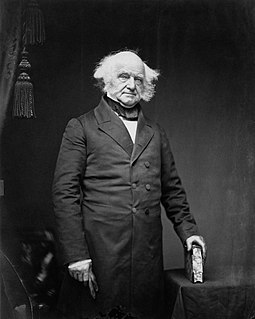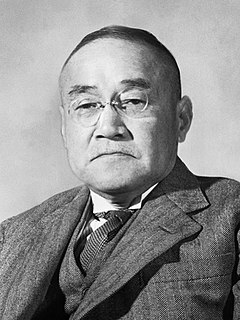A Quote by Ilan Stavans
Historically, the 19th century is defined by annexations and internal turmoil. For instance, the Treaty of Guadalupe Hidalgo in 1848 gave more than half of Mexican territory to the United States.
Related Quotes
In the last generation we've moved past a U.S.-Mexico relationship that while friendly on the surface, and demilitarized for the most part, really was not a genuinely cooperative relationship. As a result of the U.S.-Mexico War in the 19th century, and the treaty of Guadalupe Hidalgo in 1848, half of what was Mexico was severed and became much of the western part of the United States. To add insult to injury, most Americans never knew that, and most Mexicans have never forgotten it.
The nationalism and the protectionism that was built into the Mexican Revolution in 1910 and that characterized the Mexican attitude to the United States for much of the 20th century were difficult to overcome. But that actually has occurred. And the cooperation, trust and confidence that have been built is not something that should be abandoned without great consideration for the potentially grave consequences to the United States.
The potential of Mexico, Canada and the United States is enormous. We have a combined population of half a billion people; peaceful trade-friendly borders that are the envy of the world; the prospect of energy independence is within reach and will change the geopolitical situation of United States; we do a trillion dollars in trade among the three countries; more than 18,000 American companies are involved in foreign direct investment in Mexico and Canada; an increasing number of Mexican companies are creating jobs in the United States.
I was really interested in 20th century communalism and alternative communities, the boom of communes in the 60s and 70s. That led me back to the 19th century. I was shocked to find what I would describe as far more utopian ideas in the 19th century than in the 20th century. Not only were the ideas so extreme, but surprising people were adopting them.
More than 180 countries around the world have ratified CEDAW, some with reservations. While the United States signed the treaty in 1981, it is one of the few countries that have not yet ratified it. As a global leader for human rights and equality, I believe our country should adopt this resolution and ratify the CEDAW treaty.

































